Understanding Morton’s Neuroma
Morton’s Neuroma is a painful condition affecting the foot, specifically the area between the toes. This condition occurs when the tissue surrounding the digital nerve (which runs between the toes) becomes thickened, leading to sharp pain, burning sensations, or numbness. Women are more likely to experience Morton’s Neuroma than men, which often relates to footwear choices such as high heels or tight shoes that compress the toes.
Choosing the right pair of shoes can significantly alleviate discomfort and improve your overall foot health. In this article, we will explore the best shoes for women suffering from Morton’s Neuroma, along with helpful tips and real-world experiences.
Key Features to Look for in Shoes
1. Cushioned Insoles
Cushioned insoles provide comfort and absorb shock, reducing pressure on the forefoot. Look for shoes that include built-in arch support or removable insoles, allowing you to customize the fit.
2. Wide Toe Box
A wide toe box allows your toes to move freely, reducing the risk of aggravating the nerve. Shoes that taper at the front can worsen the condition, so opt for styles that offer space for your toes.
3. Arch Support
Proper arch support helps distribute body weight evenly across the foot, minimizing pressure on the ball of the foot. This is especially important for those with flat feet or high arches.
4. Lightweight Materials
Heavy shoes can add unnecessary strain to your feet. Choose lightweight shoes that provide comfort without adding weight, making them easier to wear for extended periods.
Top Recommendations for Morton’s Neuroma Shoes
1. ASICS Gel-Nimbus
The ASICS Gel-Nimbus is renowned for its exceptional cushioning and support, making it a popular choice for women with Morton’s Neuroma. It features a spacious toe box, allowing enough room for toe movement and reducing pinching.
Pros:
- Superior cushioning with Gel technology
- Good arch support
- Breathable mesh upper
Cons:
- Higher price point
- May take a few wears to break in
2. New Balance 1080v11
New Balance has always been favored for its ergonomic designs. The 1080v11 features Fresh Foam cushioning and a wide toe box, making it ideal for women facing foot issues, including Morton’s Neuroma.
Pros:
- Ample cushioning and comfort
- Multiple width options available
- Stylish design
Cons:
- Some users find it runs slightly small
- Can be pricey
3. Brooks Ghost 14
The Brooks Ghost 14 is a versatile running shoe that provides excellent cushioning and a spacious toe box. Its BioMoGo DNA midsole offers adaptive cushioning, a feature that many women with Morton’s Neuroma appreciate.
Pros:
- Great shock absorption
- Supportive fit and breathable fabric
- Durable construction
Cons:
- Not the most fashionable option
- May feel heavy after long wear
Comparative Table of Recommended Shoes
| Model | Cushioning | Toe Box Width | Arch Support | Price Range |
|---|---|---|---|---|
| ASICS Gel-Nimbus | High | Wide | Yes | $150 – $160 |
| New Balance 1080v11 | Medium-High | Extra Wide Options | Yes | $150 – $160 |
| Brooks Ghost 14 | Medium-High | Wide | Yes | $130 – $140 |
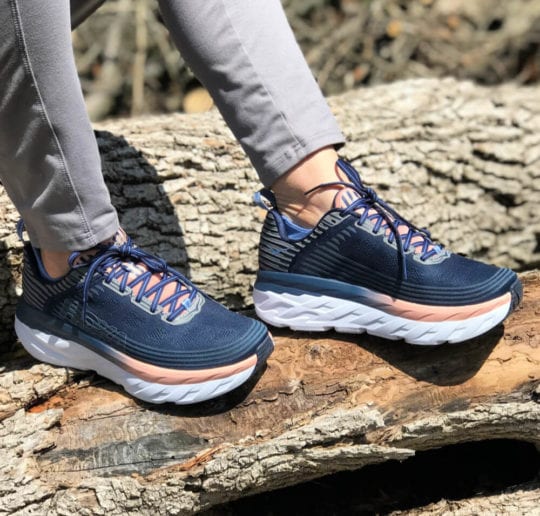
Real-World Experiences: What Women Say
Case Study 1: Sarah’s Journey
Sarah, 34, suffered from Morton’s Neuroma for years, which led her to avoid her favorite heels. After reading about the ASICS Gel-Nimbus, she decided to try it. Sarah noted an immediate improvement in comfort and can now walk for hours without pain. She mentions, “I never thought a shoe would change my life!”
Case Study 2: Emily’s Transition
Emily, a 42-year-old office worker, struggled daily with foot pain due to her job. She switched to New Balance 1080v11 and describes the difference: “It felt like walking on clouds. The support helped me stand all day without feeling exhausted.” She recommends investing in good shoes for anyone facing similar issues.
Tips for Managing Morton’s Neuroma
1. Regular Foot Exercises
Incorporate foot-strengthening exercises into your routine. Stretching and strengthening your foot muscles can relieve pressure on the nerve. Simple exercises like toe curls and calf stretches can be beneficial.
2. Consider Orthotics
If you struggle to find well-fitting shoes, consider custom orthotics. These tailored inserts provide additional support where you need it most, helping relieve pain associated with Morton’s Neuroma.
3. Avoid High Heels
High-heeled shoes place significant pressure on the forefoot. Choose shoes with a lower heel and adequate padding to minimize discomfort. Stylish flats or block-heeled shoes can be both fashionable and foot-friendly.
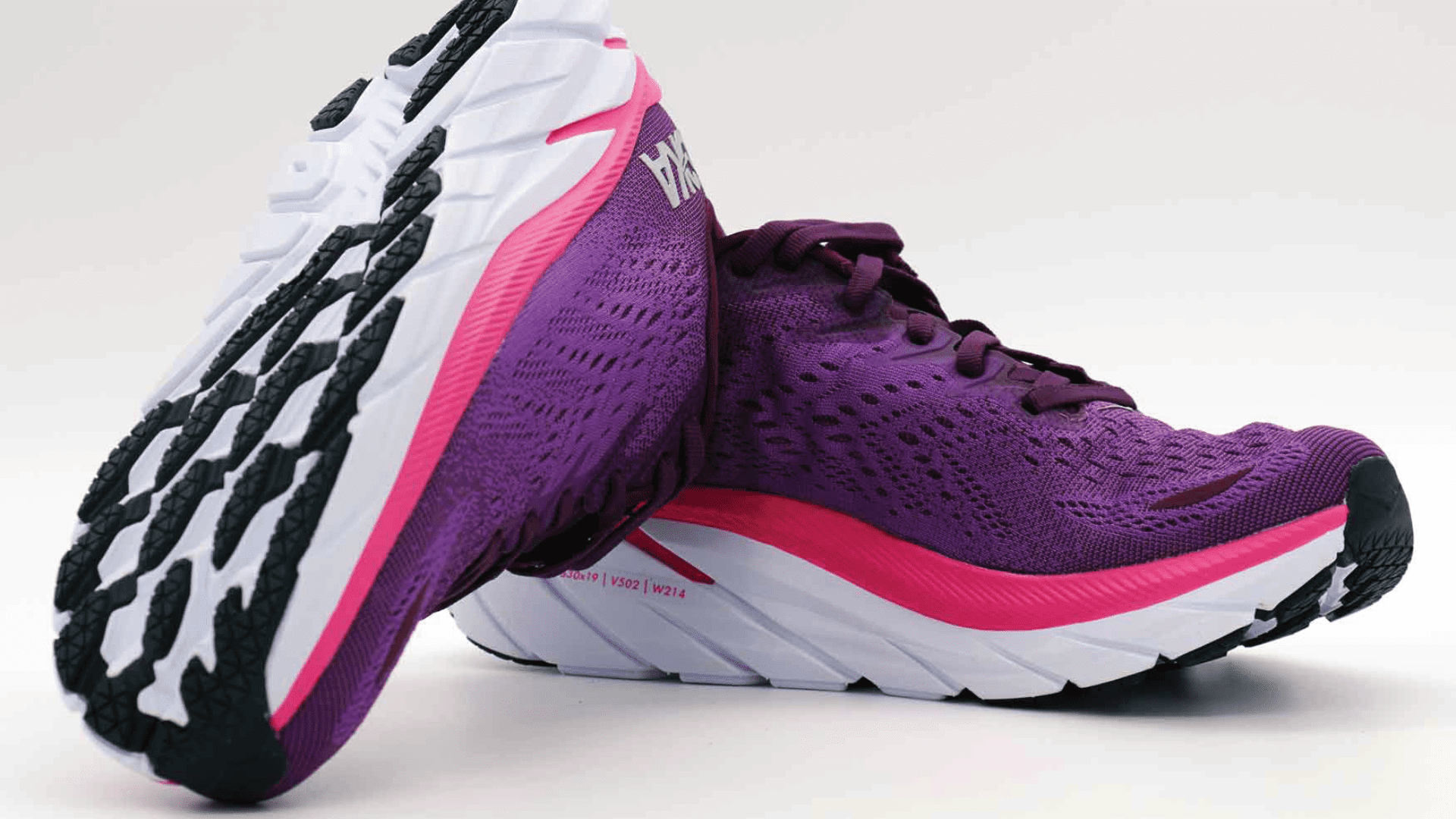
Frequently Asked Questions (FAQs)
1. What causes Morton’s Neuroma?
Morton’s Neuroma is primarily caused by excessive pressure on the nerve, leading to thickening of the tissue. This can be attributed to ill-fitting shoes, high-impact activities, or foot deformities.
2. Can I cure Morton’s Neuroma?
While there is no definitive cure, symptoms can often be managed with proper footwear, foot exercises, and, in some cases, orthotics or injections. Surgery is considered a last resort.
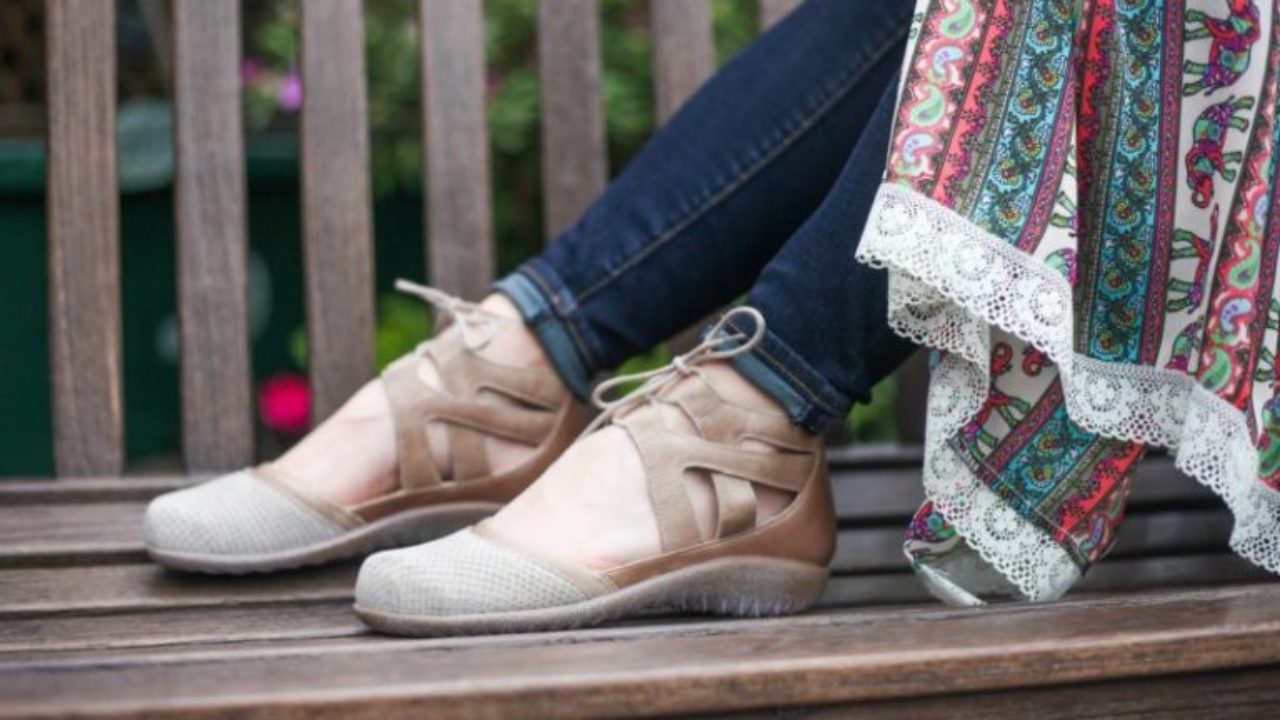
3. How do I know if I have Morton’s Neuroma?
Common symptoms include sharp, burning pain in the ball of the foot, tingling or numbness in the toes, and a feeling of a lump in the shoe. Consulting with a podiatrist is advisable for a diagnosis.
4. Are expensive shoes worth it?
Investing in quality shoes often pays off in terms of comfort and durability. Shoes designed specifically for foot conditions like Morton’s Neuroma can significantly enhance your quality of life.
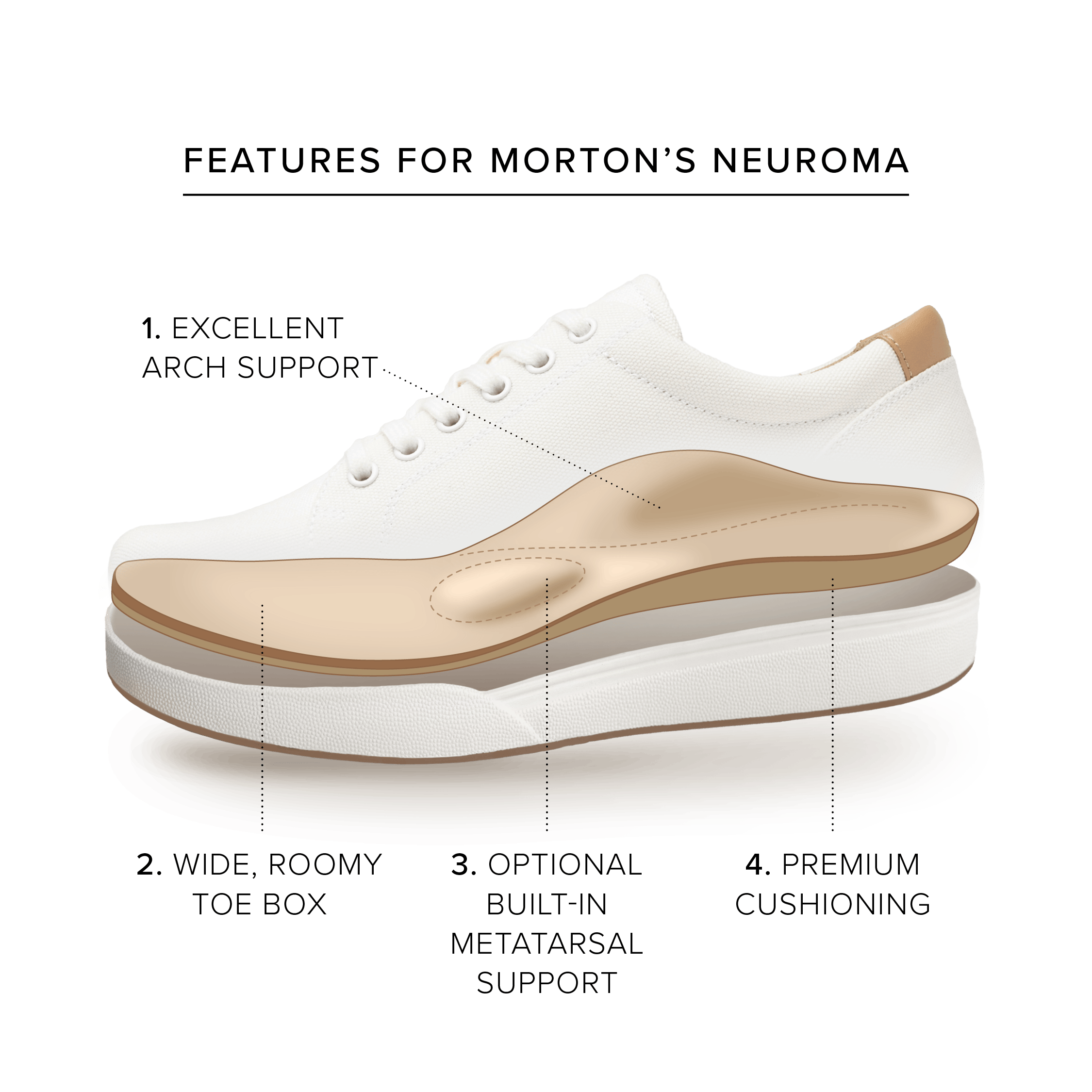
5. Do all running shoes help with Morton’s Neuroma?
Not all running shoes are created equal. Look for those with adequate cushioning, a wide toe box, and good arch support to alleviate symptoms.
6. Can I wear sandals with Morton’s Neuroma?
Yes, but ensure they have a supportive structure and ample cushioning. Avoid flat sandals and those with a narrow toe box.

7. Can Morton’s Neuroma return after treatment?
Yes, symptoms may recur if you return to wearing unsupportive footwear or if you engage in activities that exacerbate the condition. Regular foot care and proper shoe choices are essential.
8. What is the best type of shoe for Morton’s Neuroma?
Shoes with shock-absorbing properties, wide toe boxes, and good arch support are generally recommended for women with Morton’s Neuroma. Brands like ASICS, New Balance, and Brooks have excellent options.
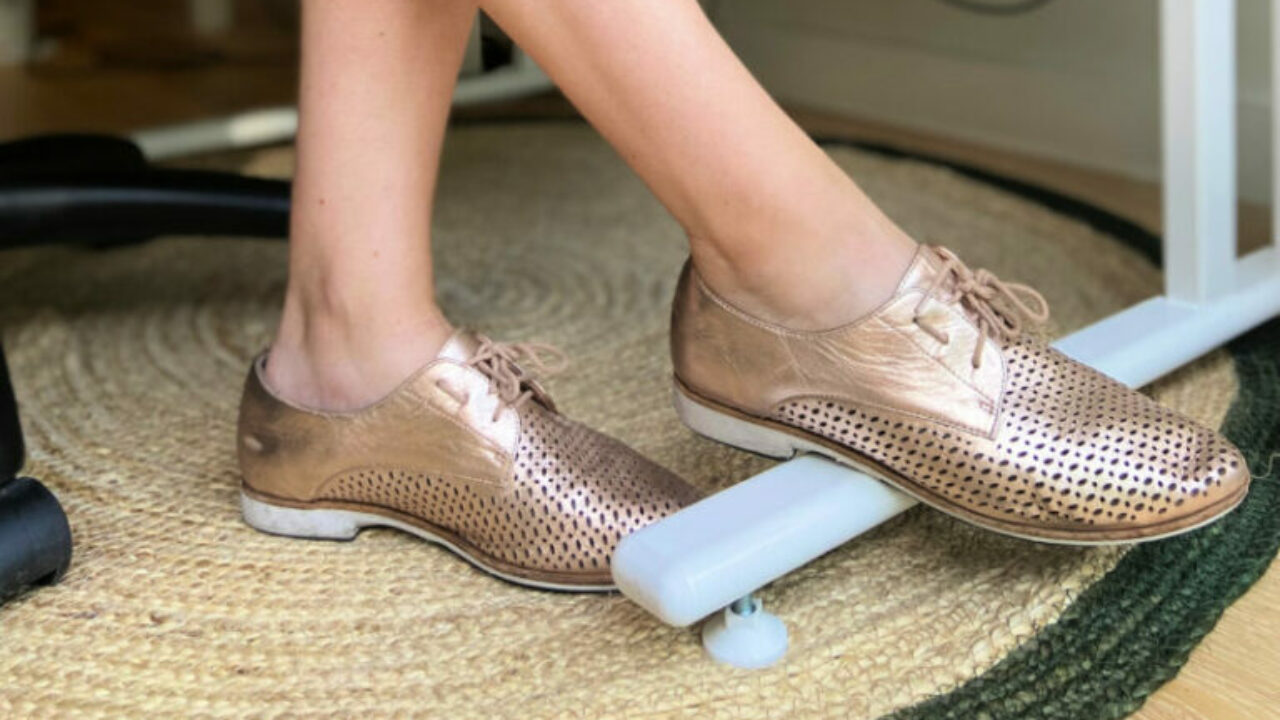
9. Can I wear high heels if I have Morton’s Neuroma?
While it’s best to avoid high heels, if you choose to wear them occasionally, look for those with a lower heel and more room in the toe area.
10. Are there specific brands I should consider?
Yes, brands like ASICS, New Balance, Brooks, and Hoka One One are known for their supportive footwear that can help alleviate symptoms of Morton’s Neuroma.
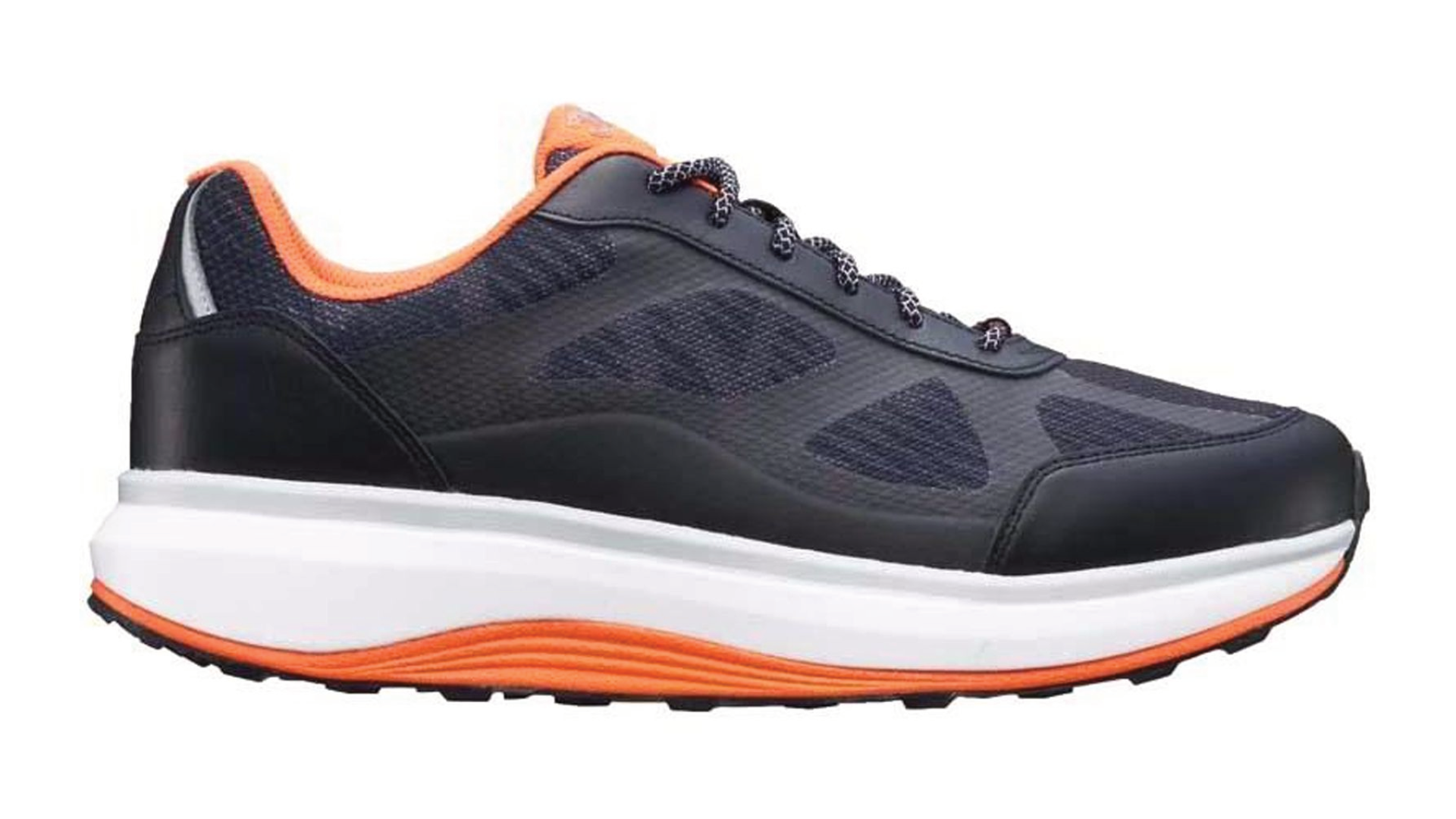
11. How often should I replace my shoes?
It’s generally recommended to replace running shoes every 300 to 500 miles. However, if you notice decreased cushioning or support, it’s best to replace them sooner.